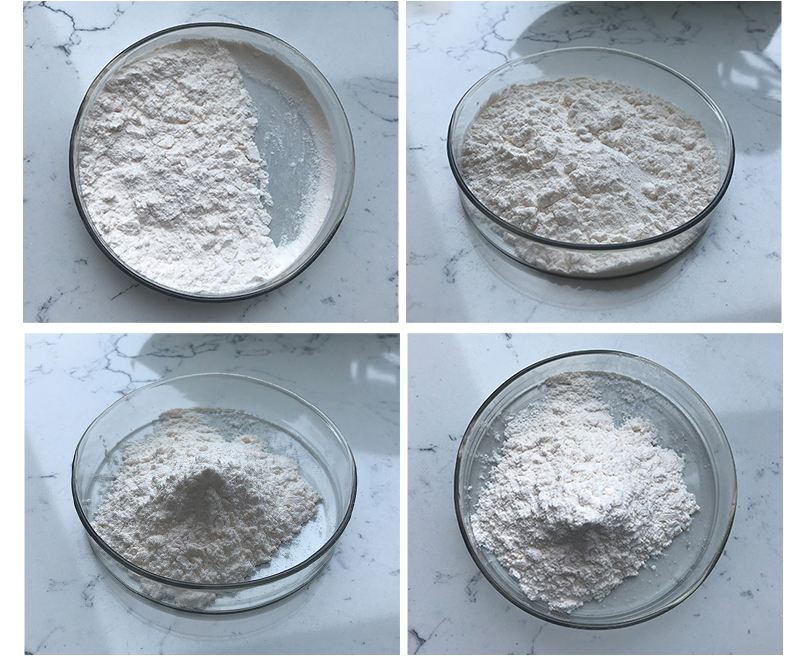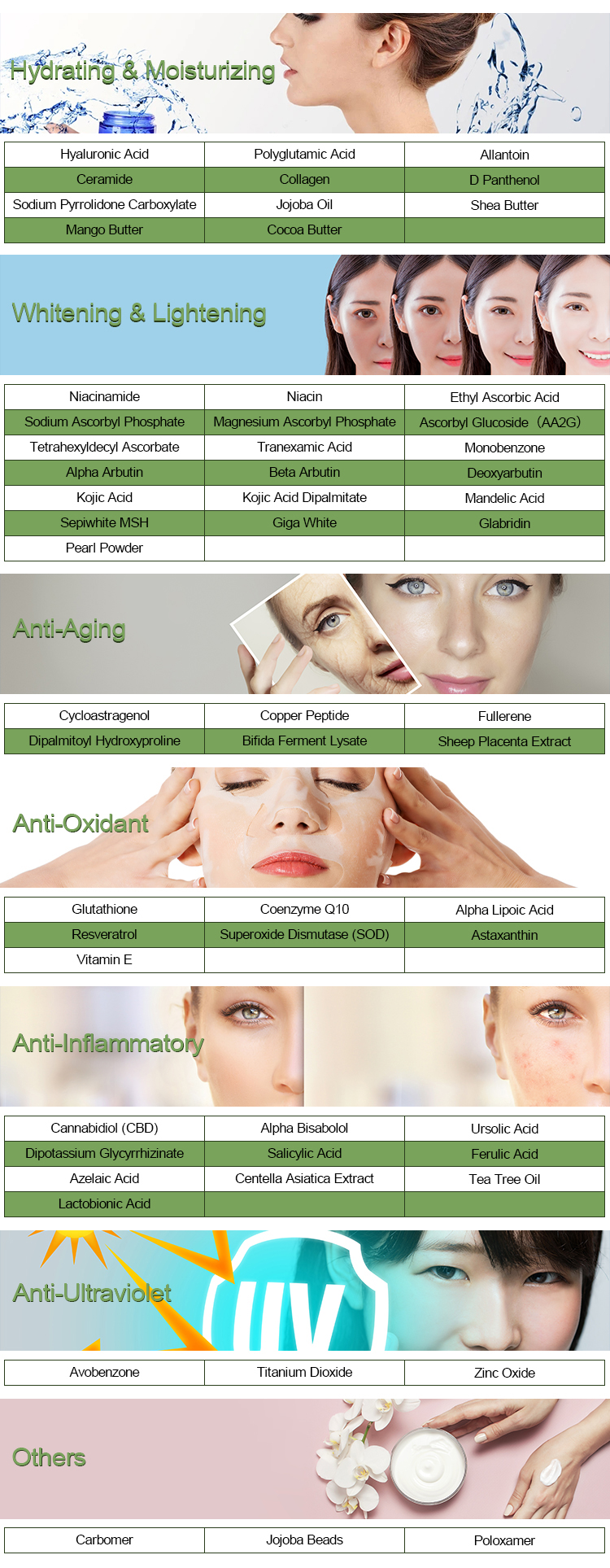Ferulic acid is a natural antioxidant compound commonly found in plant cell walls, where it is bound to lignin and polysaccharides. It is a phenolic acid with both hydrophilic and lipophilic properties, making it highly versatile in biological systems and skincare formulations.
Key Properties of Ferulic Acid:
1.Chemical Structure:
- Molecular formula: C10H10O4
- Chemical classification: Hydroxycinnamic acid
- It has a phenol group and a carboxylic acid group attached to an aromatic ring.
2.Appearance:
- Typically a white to pale yellow crystalline powder.
3.Solubility:
- Soluble in ethanol, acetone, and alkaline aqueous solutions; poorly soluble in water.

Sources of Ferulic Acid:
- Plants: Found in the seeds, leaves, and cell walls of various plants.
- Foods: Present in wheat, rice, oats, coffee, apples, oranges, and certain vegetables like spinach and eggplant.
Properties of Ferulic Acid:
- Antioxidant: Neutralizes free radicals and enhances the stability of other antioxidants like Vitamin C and Vitamin E.
- UV Protection: Absorbs UV light, helping to protect skin from photodamage.
- Anti-inflammatory: Reduces inflammation by modulating enzyme activity and cytokine production.
- Anti-microbial: Inhibits the growth of certain bacteria and fungi.
Applications of Ferulic Acid:
- Cosmetics and Skincare: Used in anti-aging serums and sunscreens due to its ability to reduce oxidative stress and protect against UV damage.
- Food Industry: Acts as a preservative and antioxidant in food products.
- Health Supplements: Included in formulations aimed at cardiovascular and skin health.
Health Benefits of Ferulic Acid:
- Protects skin from premature aging and UV-induced damage.
- May lower the risk of chronic diseases by reducing oxidative stress.
- Supports cardiovascular health by inhibiting LDL oxidation.

Safety and Side Effects:
Ferulic acid is generally regarded as safe (GRAS) when used in appropriate concentrations. However:
- High doses may cause skin irritation or sensitization in rare cases.
- Pregnant and breastfeeding women should consult a doctor before use.
Would you like a deeper dive into its skincare benefits, industrial uses, or molecular properties?
